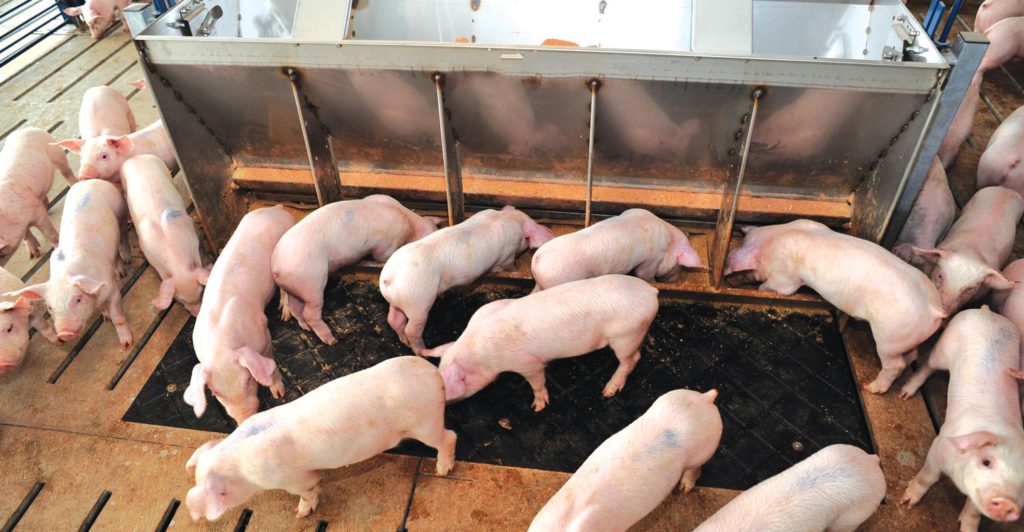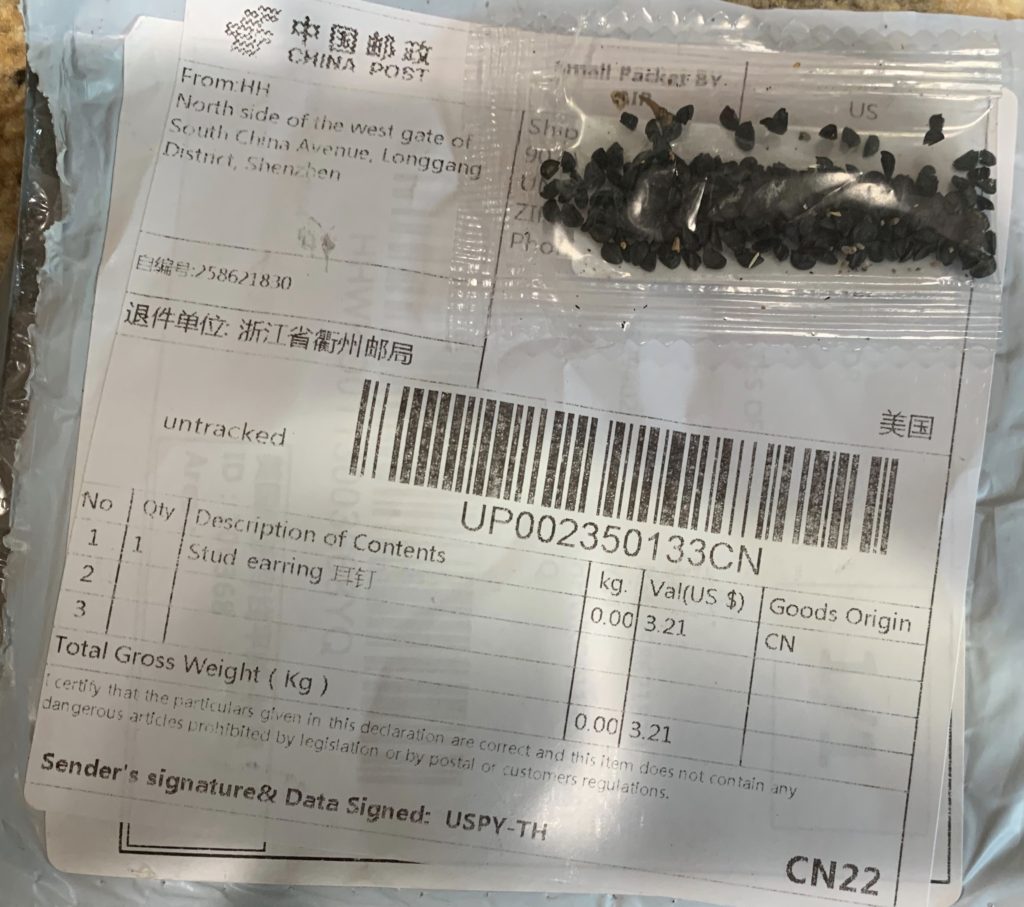
Rescue dogs and foreign animal diseases are not something I ever expected would combine in the same story. However, a recent assignment for the National Association of Farm Broadcasting brought the two previously unrelated issues face-to-face. The National Pork Producers Council is alarmed at the number of rescue dogs coming into the U.S. from countries currently battling a serious Foreign Animal Disease outbreak.
The potential is there for some of those FADs to ride along with the dogs, either on the coats or equipment like dog crates as the animals enter the country. Liz Wagstrom is the Chief Veterinarian for the NPPC, and she says they’re especially concerned about animals coming in from Asia.
“Rescue dogs are being brought into the U.S. from Asia after being rescued out of wet markets or the meat trade,” Wagstrom said. “They could be contaminated with blood, urine, or manure, which could carry something like African Swine Fever, Foot-and-Mouth Disease, or Classic Swine Fever.”
The dogs themselves aren’t susceptible to those diseases. However, Wagstrom says they could carry contamination on their coats, in their bedding, or even dog dishes and toys they came into the country with could get contaminated.
“Our concern is those rescue dogs could enter the United States, be adopted by someone on a farm, and be carrying a virus,” she said. “The crates they ride in, or other items like dishes and toys could be contaminated. That could lead to disaster.”

Not only are domestic herds at risk, but if crates or other items aren’t properly disposed of and feral pigs get into or near them, that will also spread disease quickly. “We feel that if these animals are coming in, we need rules in place to do it safely,” she said.
Which government agency has jurisdiction over this is a “confusing issue.” The vast majority of dogs come into the country with their owners, and those dogs fall under the authority of the Centers for Disease Control and Prevention. Hagstrom, a long-time veterinarian, says the CDC is “basically looking to see if those dogs have a rabies vaccination.”
Dogs that come in for resale fall under the U.S. Department of Agriculture authority. However, she points out that most of that authority focuses on animal welfare. A very small number of dogs coming into the country get evaluated as a possible risk to livestock.
“That would be herding dogs from certain areas that get evaluated for tapeworms,” she says. “It might also include dogs from the new areas of the world infected by screwworms. We think the USDA definitely has the authority to expand their oversight of the dogs that come in either for sale or adoption.
“A Foreign Animal Disease outbreak in the U.S. will immediately shut down all trade,” Wagstrom said while on the phone from Arizona, “which means we’d have a lot of extra animals on hand.
“Even if it was African Swine Fever that only impacted hogs, we have trading partners that may question milk, meat, and poultry exports,” she added. “The depressed prices for pork will likely put downward pressure on the price of beef, poultry, and dairy products.”
That means a Foreign Animal Disease of any kind will be a multi-billion-dollar hit to U.S. livestock, but it might not stop there. There’s a potential hit to the soybean industry because pork is a big part of its market. “It could have a devastating impact on U.S. agriculture as a whole,” Hagstrom says.
She says NPPC has studied the Animal Protection Act, which gives USDA authority over animals, their conveyances, bedding, and animal feed if they could potentially harm the livestock industry. If the agency was concerned about just dog diseases, then USDA doesn’t have the authority.
“However, because we’re talking about the health of the livestock industry, we believe they have the authority to write rules on how to safely bring the dogs into the country,” she says. “We do understand they’re being rescued from some horrific conditions in many cases. If they’re coming in to be rescued, let’s make sure they’re coming safely.
“Let’s get them quarantined and make sure they get washed,” Hagstrom says. “We also need to make sure their crates, bedding, and anything else that came into the country are properly disposed of. That will make it a win-win for both the dogs and U.S. livestock.”
To give ourselves the best chance of keeping the livestock industry safe, NPPC says we need more agricultural inspectors at ports of entry into the U.S. Last year, the government authorized over 700 new ag inspectors and 60 K-9 teams. However, the Coronavirus put a damper on those plans.
“Those new positions were funded by user fees on international airline tickets and international cargo,” she said. “Those fees went away because of the 95 percent decrease in international travel brought on by COVID-19 in 2020. That meant we had to work through the appropriations process to keep those inspectors funded at the current level.”
NPPC and other organizations are back at the appropriations table and asking for additional funding to continue to increase the number of agricultural inspectors as travel hopefully gets back to normal levels.


